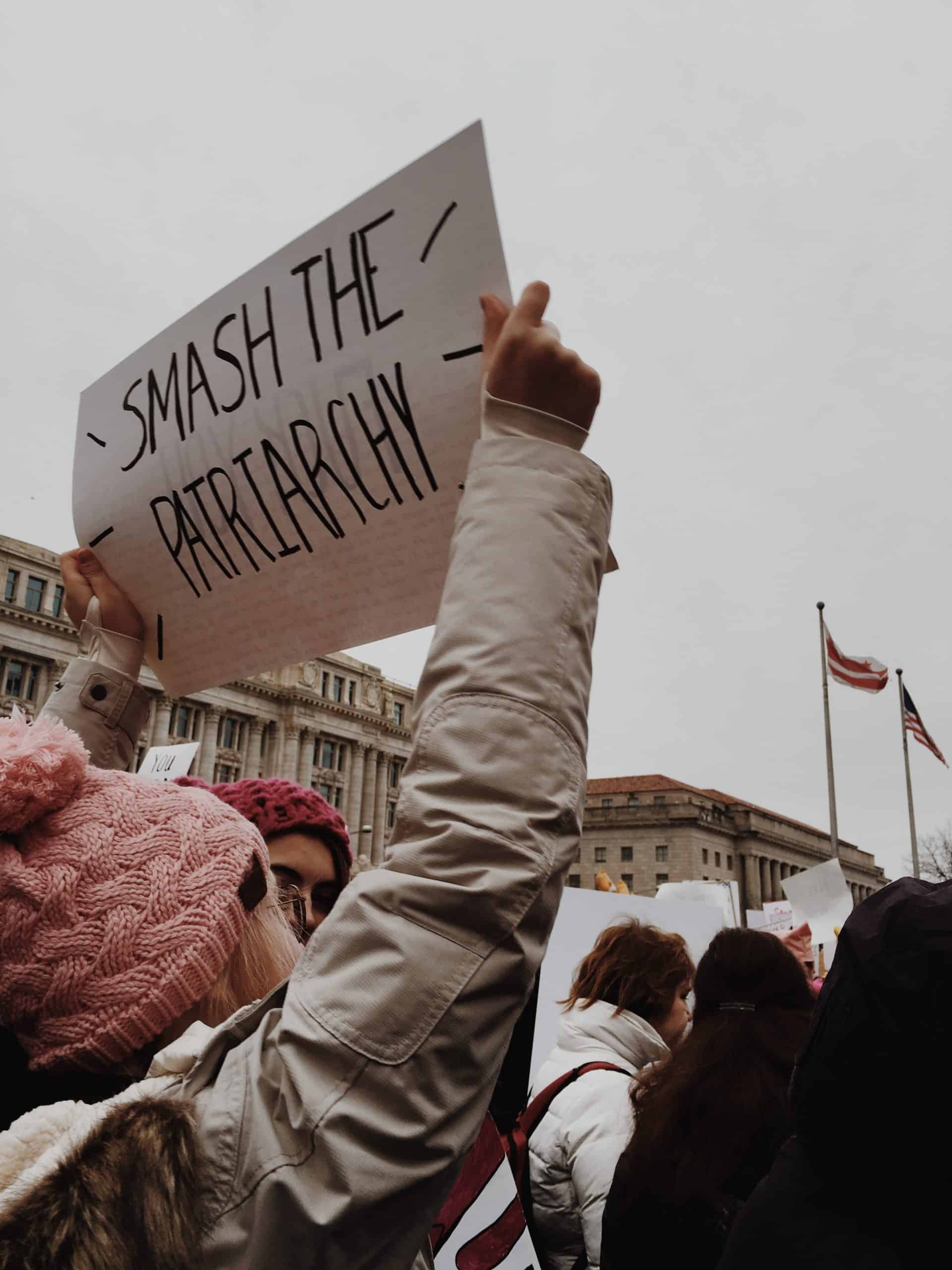Often, when I meet someone for the first time, it is my Jesuit life they are most interested in. Even when they know little about the Catholic Church, they are intrigued. When I share that I’m studying women’s and gender studies, assuming that piece of information isn’t quickly brushed aside, I am frequently assured that this is valuable because I will become a good resource for the Church and Jesuits on women.
It’s true the Church has routinely ignored, if not oppressed, women. However, the Church needs to listen to women themselves, not men explaining or theologizing about women’s experiences. Their perspectives should always be included but not through me or other men. Through their own voices. This point was also made clear by the highest governing body of the Jesuits:
“In the first place, we invite all Jesuits to listen carefully and courageously to the experience of women. … Unless we listen, any action we may take in this area, no matter how well intentioned, is likely to bypass the real concerns of women and to confirm male condescension and reinforce male dominance.” 1
One has to look no further than the Vatican’s recent “McCarrick Report” to see how women’s voices are routinely disregarded in the Church. For example, when Mother Mary Quentin Sheridan, Superior General of the Religious Sisters of Mercy at Alma (Michigan), reported misconduct of then-Archbishop Theodore McCarrick, Archbishop Agostino Cacciavillan brushed off her allegations, stating, “she wanted to make herself appear important.” As theologian Natalia Imperatori-Lee remarked on this excerpt over Twitter, “Misogyny will be the end of this church.”
I am not working on a masters degree in women’s and gender studies (WGS) so that I can be a “good resource” on women and other sexual minorities. I am working on this degree in order to better understand the experiences of people who are often marginalized, especially in the church, in order to become a more competent and compassionate minister of the Gospel. Perhaps this can be a model in the Church.
Developing these skills and understanding is integral to who I feel God has called me to be as a Jesuit.
When the WGS department first caught my eye, it was not just a passing, “Oh, look at that.” It was something more. It was the feeling that my mind and heart were on fire. Excited. Hopeful. Joyful. Captivated. Stirred. It felt like confirmation of what I already identified as: a feminist. The experience was what, in Jesuit lingo, we would call “consolation.” The Spirit was moving me. As I continue my studies, I continue to feel God calling me here.
In the Spiritual Exercises, St. Ignatius of Loyola encourages a prayer to imagine yourself with God looking down on the entire earth and being moved with compassion. When I look out on the world, I see a great many people who are oppressed and marginalized, many of whom are women. I see women struggling with the trauma of being raped. Women without access to prenatal care or safe and affordable childcare. Women whose murders at the hands of police are neglected because they are Black and women. Women feeling unsafe in their own homes because of the constant threat of being abused by their partner. Women whose work as caregivers is devalued. Transwomen and lesbians being othered and assaulted. Women being told it is their fault when they are sexually harassed. Girls fighting for an education denied them because of their sex. Women toiling all day only to return home and expected to do all the work necessary to care for their family. Children and vulnerable adults being abused by the very priests who are supposed to serve them. Women in the Church being routinely ignored because they are not men.
I see these injustices and am moved with compassion to work for justice because I am both a Jesuit and a feminist. Studying women’s and gender studies (or, feminism) provides me with the analytical frameworks and tools to name these injustices, to learn how to better listen to marginalized voices, and to act to end patriarchy and other systems of oppression. This knowledge and labor is “integral to our mission” as Jesuits. WGS also helps me to see my own privileges and how I have and do participate in these unjust systems of oppression. Furthermore, it gives me another community with whom to work for more equality and dignity for everyone.
I am both a Jesuit and a feminist. Both are integral parts of my vocation.
It is God who calls me to be both a Jesuit and feminist.
-//-


